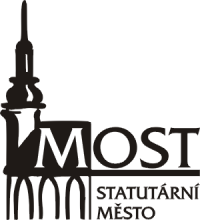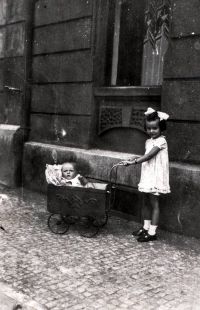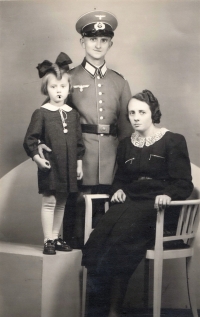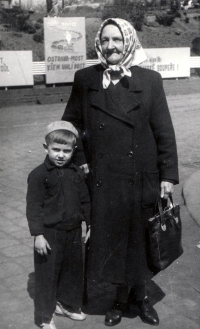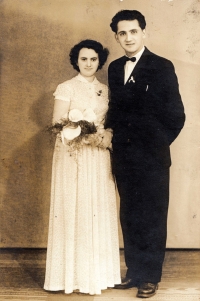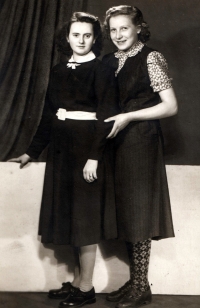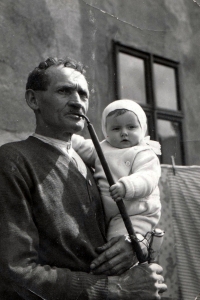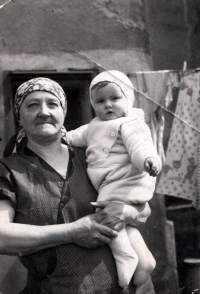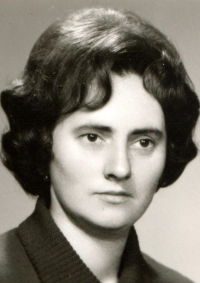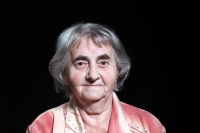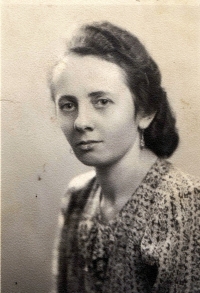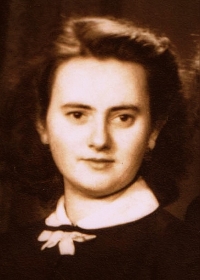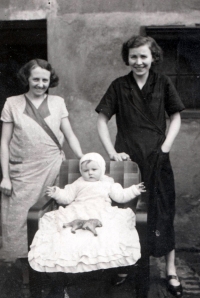Father defended the Republic. After the Munich Agreement he stayed in Most and died fighting for Hitler
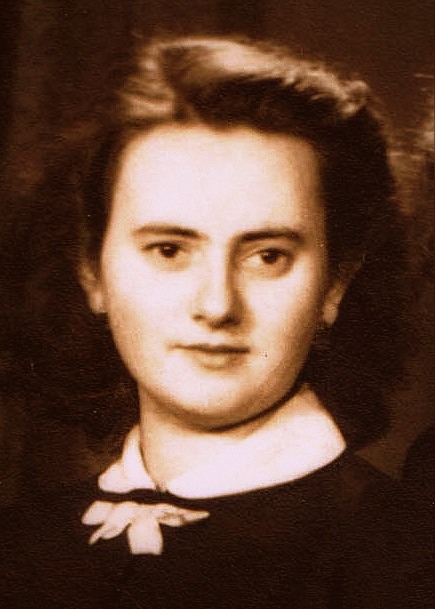
Stáhnout obrázek
Ilona Krylová, née Doležalová, was born on 17 June 1936 in Most. She was born into a mixed Czech-German marriage, her father with a Czech surname Antonín Doležal was of German nationality and her mother Božena was of Czech nationality. After Germany took up Czechoslovak borderland, the family stayed in Most which became their home for a long time. Ilona’s mother refused to register to German nationality and she became “second-class” citizen of Reich which brough her all possible consequences during the war. She had no right to social security benefits although her husband had to join the German army and eventually, he did not come home from the front line. She scratched a living by working in a factory and both she and her daughter lived in a very plain conditions during the whole war. The end of the war was the worst for them. Because of a strategically important factory, Most was massively bombed for few months. Ilona has traumatic memories of this period and of May 1945. The end of the war was often a fight for survival rather than liberation for the city inhabitants. Ilona and her mother hid in the cellar during these days, while people were looting and killing others on the streets of the city. The violence was ended only after the expulsion of German inhabitants of Most. After finishing primary school, Ilona was apprenticed as a confectioner and she got married and moved to Chomutov. She raised two children with her husband. The recording of the witness was supported by the statutory city of Most.
